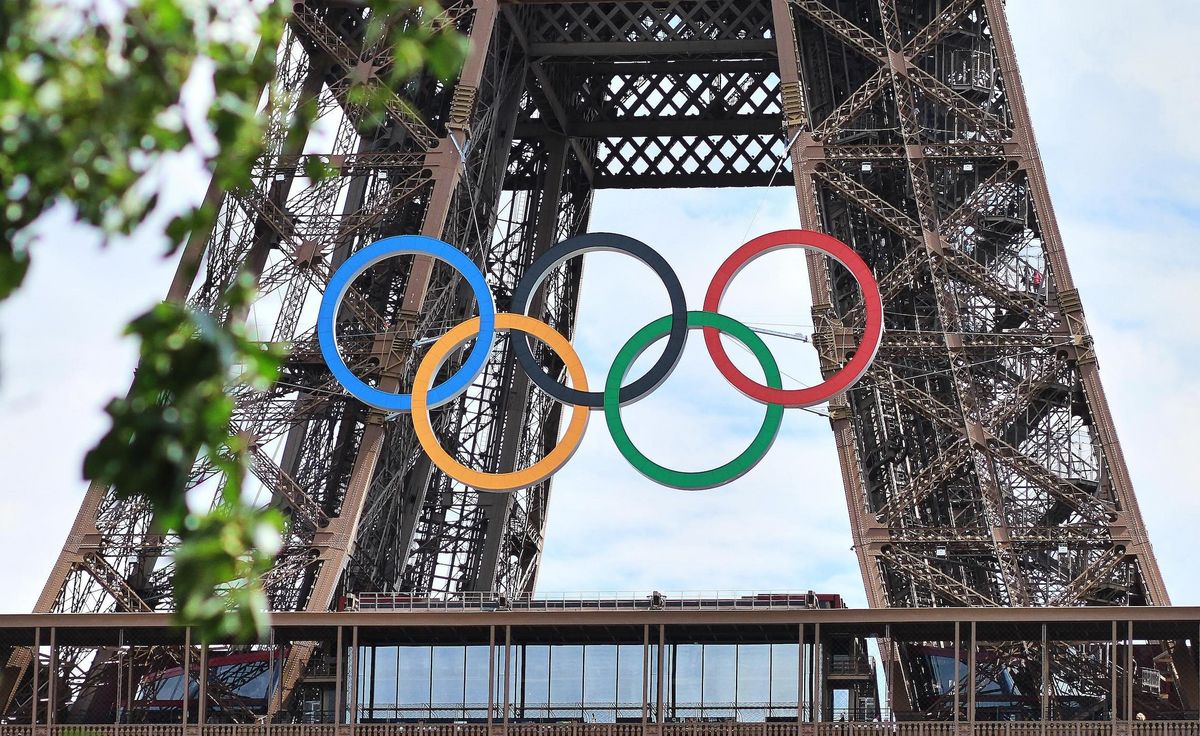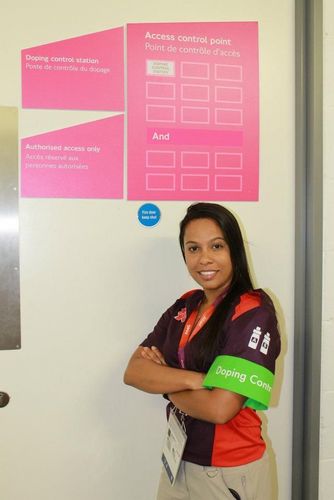Luana is – as she says herself – a perfectionist. Coupled with the necessary sensitivity, this character trait serves her well in her role as doping control station manager. “Immediately after the competition, we discreetly inform the athletes who have been selected for testing. However, this should not happen in the moment when they are cheering, in front of the camera or upset because they have not achieved their goal. That’s why you have to keep a close eye on them,” says the former competitive swimmer.
Today, she manages an entire doping control station, trains her staff and ensures that the strict doping control rules are adhered to, the athletes selected are properly informed about the tests and the paperwork is completed. Luana makes sure that her team learns soft skills such as sensitivity and empathy as well as the hard facts. It is also true that the doping control personnel are obliged to handle all of their work confidentially. For example, no one is allowed to disclose confidential information about the athletes or take photos of them.
The athletes who have to undergo a doping test are sometimes selected at random; other times certain selection criteria apply, such as the type of sport or the ranking of the athletes. There are also tests at the finish line and an anonymous platform where possible anti-doping rule violations can be reported. “Olympic champions are not tested across the board, but they are tested frequently,” says Luana. She herself does not decide who is tested, but is responsible for making sure the process is carried out correctly. There shouldn’t be more than one hour between the time the athlete is notified and when they take the test. During this time, testing personnel must keep their eyes on the athletes at all times in order to prevent possible attempts at manipulation. Apart from a few exceptions, they are not allowed to shower between the competition and the test. However, they can give interviews and press conferences and also get necessary medical treatment, cool down and participate in award ceremonies. Athletes can be required to give a blood and/or urine sample. Fortunately, the number of positive tests is low: of the 6,200 samples collected at the 2021 Olympic Games in Tokyo, only nine were positive.





























































![[Translate to English:] [Translate to English:]](/fileadmin/_processed_/f/6/csm_2024_Luana_bei_Olympia2_1eb3c4af20.jpg)

